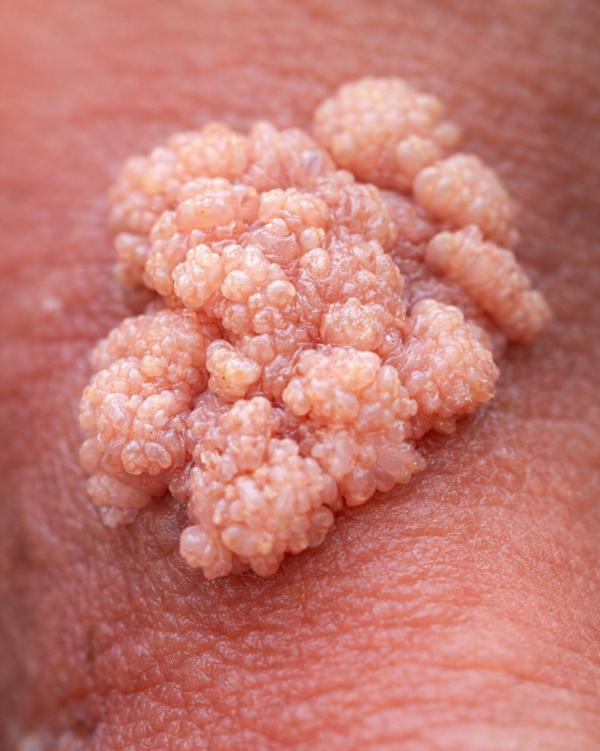
Acne During Pregnancy: Causes, Precautions, and Treatment
Pregnancy brings a whirlwind of physical and emotional changes, but not all of them are welcome. Acne, or pimples, is one such concern that many women experience during this time. While pregnancy acne is generally temporary, it can be frustrating to deal with. At Sukhayu Hospital’s Prenatal Training Program - School for Unborn, we provide reliable information and safe solutions to help expectant mothers address pregnancy-related skin issues.
What Causes Acne During Pregnancy?
Acne during pregnancy is primarily triggered by hormonal changes, specifically an increase in androgen levels. These hormones stimulate oil glands to produce more sebum, leading to clogged pores and breakouts.
Other contributing factors include:
- Increased blood flow: Heightened circulation can affect skin sensitivity and oil production.
- Stress: Pregnancy-related anxiety or stress can worsen acne by increasing inflammation in the body.
- Dehydration: Insufficient water intake may cause the skin to produce more oil to compensate.
- Pre-existing acne-prone skin: Women with a history of acne are more likely to experience breakouts during pregnancy.
Is Acne During Pregnancy Common?
Yes, pregnancy acne is quite common and usually appears during the first and second trimesters. For most women, it resolves naturally after childbirth as hormone levels stabilize.
Precautions to Prevent Pregnancy Acne
Taking proactive measures can reduce the likelihood of developing acne or minimize its severity.
Do’s
- Follow a Gentle Skincare Routine:
- Use a mild, fragrance-free cleanser twice a day to remove dirt and excess oil.
- Choose non-comedogenic and pregnancy-safe skincare products.
- Stay Hydrated:
- Drink at least 8-10 glasses of water daily to keep your skin hydrated and healthy.
- Eat a Balanced Diet:
- Include fresh fruits, vegetables, and whole grains in your meals to support skin health.
- Focus on foods rich in vitamins A, C, and E, as well as zinc, which promote clear skin.
- Manage Stress:
- Practice relaxation techniques like yoga, deep breathing, or meditation to reduce stress-related flare-ups.
- Keep Hair and Pillowcases Clean:
- Wash your hair regularly, especially if it tends to get oily, and change pillowcases frequently to prevent the buildup of bacteria and oil.
Don’ts
- Avoid Harsh Scrubs and Treatments:
- Scrubbing your face aggressively can irritate the skin and worsen acne.
- Don’t Pick or Squeeze Pimples:
- Picking at acne can lead to scarring and secondary infections.
- Refrain from Using Over-the-Counter Acne Products:
- Avoid products containing salicylic acid, retinoids, or benzoyl peroxide without consulting a doctor.
- Minimize Sun Exposure:
- Protect your skin from the sun, as excessive UV exposure can aggravate acne and cause pigmentation issues.
Safe Treatment Options for Pregnancy Acne
Managing acne during pregnancy requires caution to ensure the safety of both mother and baby. Here are some dermatologist-recommended options:
1. Topical Treatments
- Pregnancy-Safe Products: Look for treatments containing azelaic acid or glycolic acid, which are safe and effective for reducing inflammation and unclogging pores.
- Moisturizers: Use non-comedogenic moisturizers to keep your skin hydrated without clogging pores.
2. Prescription Medications
For severe acne, consult your doctor to explore prescription options that are safe during pregnancy. Commonly recommended treatments include:
- Erythromycin or Clindamycin: Topical antibiotics to control bacterial growth.
- Sulfur-based Products: These can help reduce acne while being safe for use during pregnancy.
3. Professional Treatments
- Facials or Chemical Peels: Opt for gentle, pregnancy-safe facials or peels that help exfoliate the skin without causing harm.
- LED Therapy: Blue light therapy can be effective in reducing inflammation and bacteria in the skin.
When to See a Dermatologist
While most pregnancy acne is manageable, consult a dermatologist if:
- Acne becomes severe or painful.
- You notice cystic acne or large, inflamed bumps.
- Over-the-counter treatments and lifestyle changes don’t provide relief.
Key Takeaways
Acne during pregnancy is a natural but often temporary condition that can be managed with the right care and precautions. At Sukhayu Hospital’s School for Unborn, we provide comprehensive prenatal guidance, addressing not just skin issues but overall health and well-being.
By following a thoughtful skincare routine, maintaining a healthy lifestyle, and seeking professional care when necessary, you can enjoy a smoother, more comfortable pregnancy journey.
For expert advice and prenatal care, contact us today!








